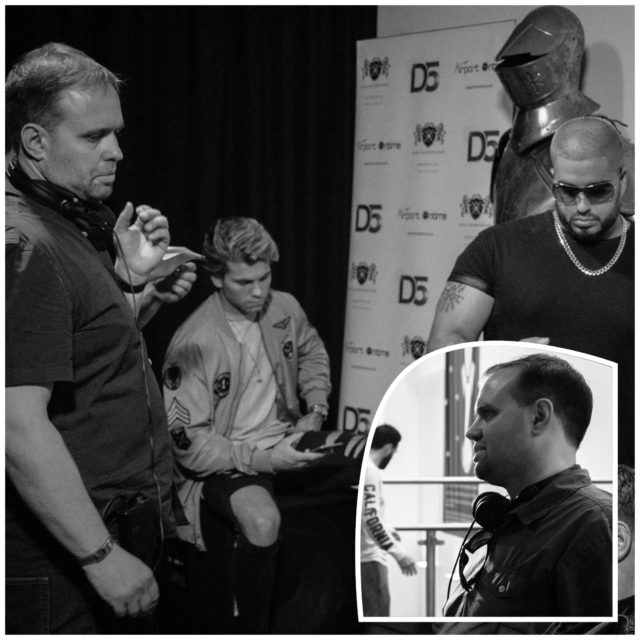Richard Colton is a film director from Essex, with a career in the film industry spanning over a decade – we sat down with Richard to find out more about how his journey within the industry.
Q. Tell us more about your early career in the film industry & How was film industry evolved over the years?
RC: I left school and went straight into the film industry as a runner, i didn’t really have any qualifications and in those days you didn’t need any to work on a set you just had to show willing and a keenness to be first in and last out.
I was lucky enough to work for the animator who did all the animation for “who framed Roger Rabbit” it was there that i not only discovered what an editor did but also held the oscar he won for animating said film.
After that i worked my way around Soho first as a runner delivering film and tape to different post production studios and then as a trainee being shown how much of the technical equipment works. In those days every thing was film based or recorded onto 2inch audio real to real. A very expensive business that you couldn’t get wrong. it wasn’t long before computers where starting to make a small dent in the cost and time efficiency of post production.
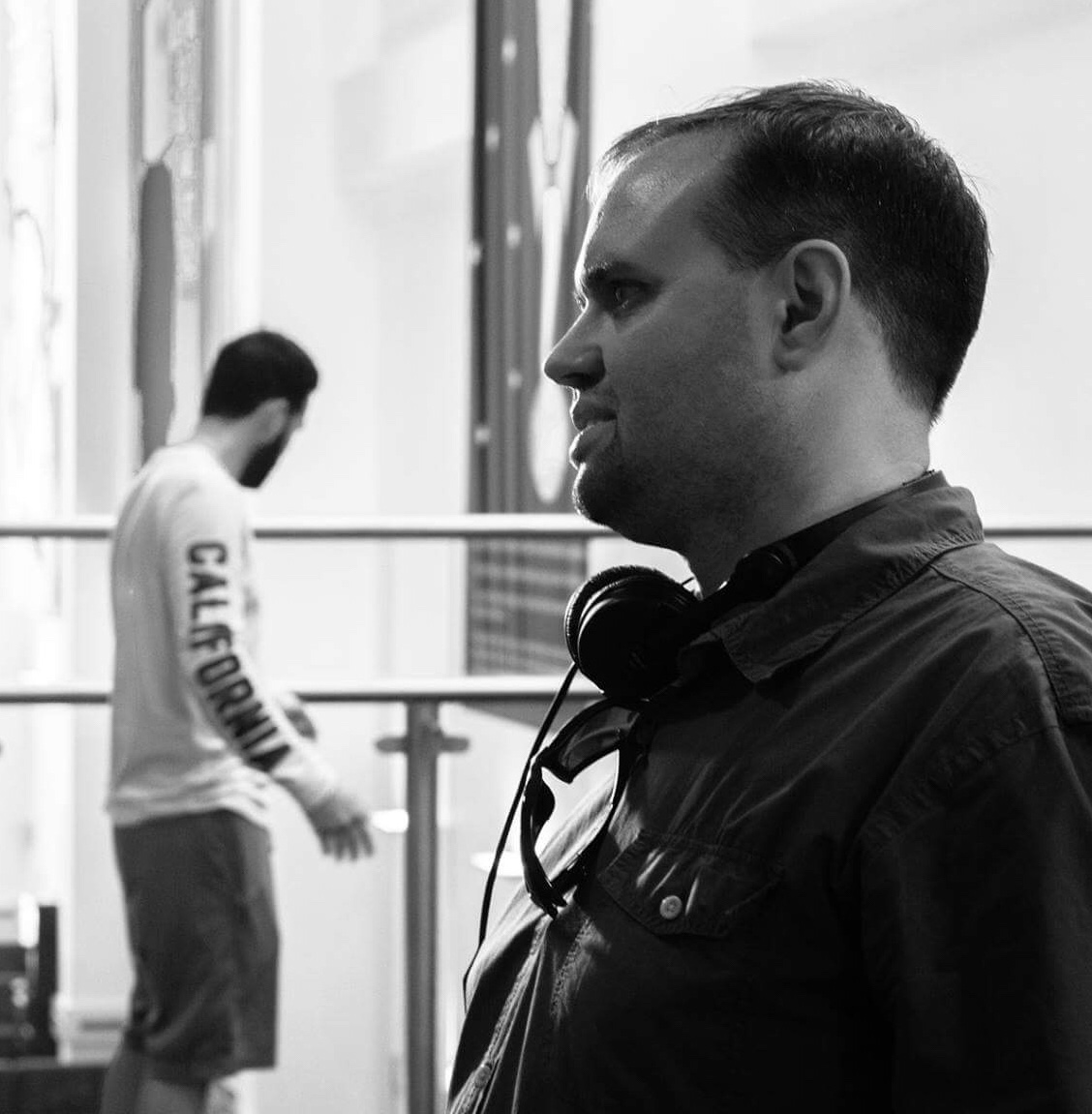
I was lucky enou to be in the right place at the right time as my facility company had one of the very first non linear editing systems, up until this point editing weather it be done via video or film all had to be done in order as the audience would see the final picture, however now that Lightworks, as it was called, had come a long everything changed because this system boasted the ability to make and change edits quickly and out of order. It was a computer designed to cut video and film and was based on the film editing techniques and every production wanted to use it.
My post production company quickly sent me to learn how to use Lightworks so that i could go with it to different productions and teach there film editors how to use it.
From there it wasn’t long before i was poached by one or two editors who wanted me to become there assistant editor giving them the reasurance that somebody could help them with the new bit of unfamiliar kit and also giving me invaluable experience working and watching some of the worlds best experienced TV and Film editors.
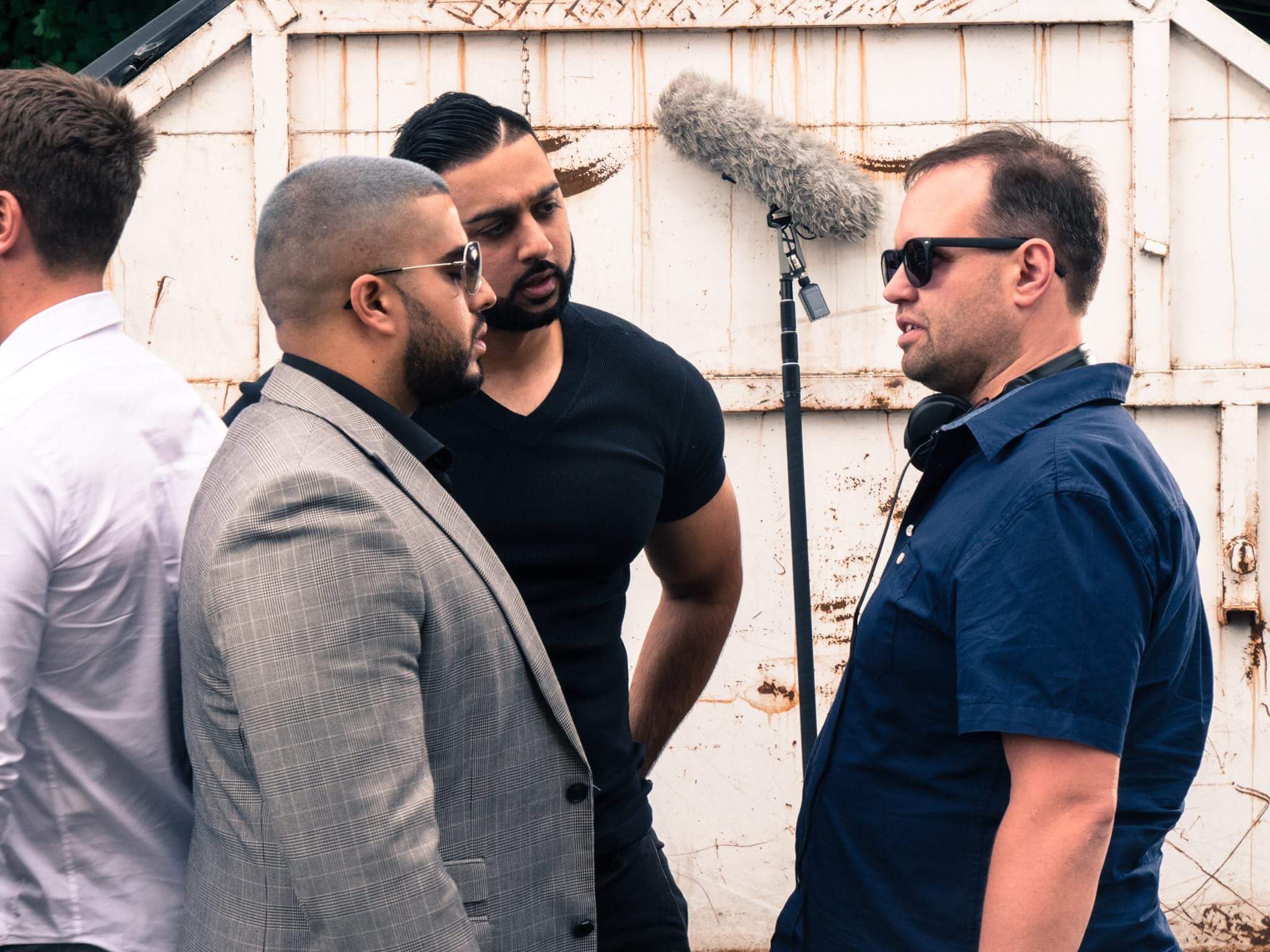
This i did this for a number of years working from production to production as a freelance assistant editor until one day whilst working on LWT’s flagship drama London’s Burning i got asked if i would like to move up to editor. that was in 1999 and i never looked back.
In all that time technology has changed everything, what was once a very expensive and time consuming business, is now seen as a relatively cheap process and i guess by comparison it is, however many young film makers believe, mistakenly that you can shoot on an mobile phone and edit a feature film in your bedroom on prosumer edit software. The truth is in my opinion you can’t for two reasons. firstly the tech isn’t that good (yet) and good lenses, good cameras and good edit machines and workflows etc on a film camera are still expensive and so crucial to a good quality film. secondly on a feature film no matter how good you are at writing & directing a movie you need a good team around you, people who are talented and know what they are doing and that never comes cheap.
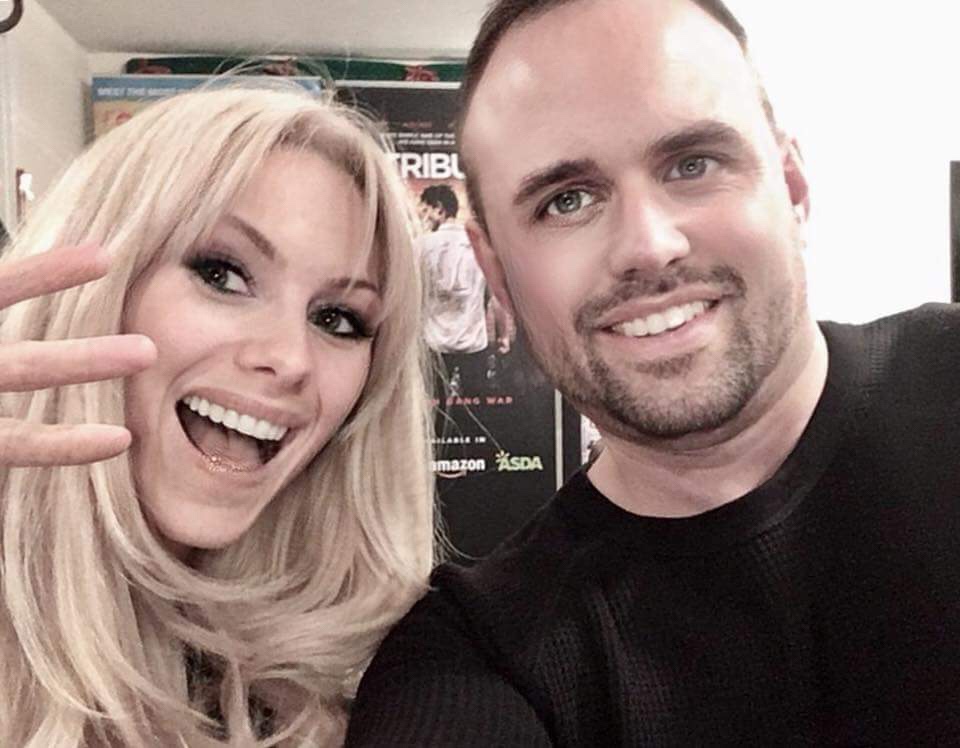
Q. What makes London an exciting city to shoot a film in?
RC: London is awesome to shoot in and firstly the film studios love this city. There is a diverse range of film studios such as https://racinggreenpictures.com/ and many others that cater to small and large productions for films, documentaries, and TV shows. Any iconic landmark makes it into your film then it has to be in the trailer because other countries want to see a London-based film. Also, the people love to watch a film being shot and are always supportive of us the humble filmmaker as we go out of our way to close down streets and make their life a misery for a few hours. the truth is film making is exciting to watch and people love feeling like they are part of that.
Although Dead Ringer was actually shot in 3 main Locations Florida, LA and London, we shot most of Dead Ringer in London for this very reason, we want it to be seen as a London film.
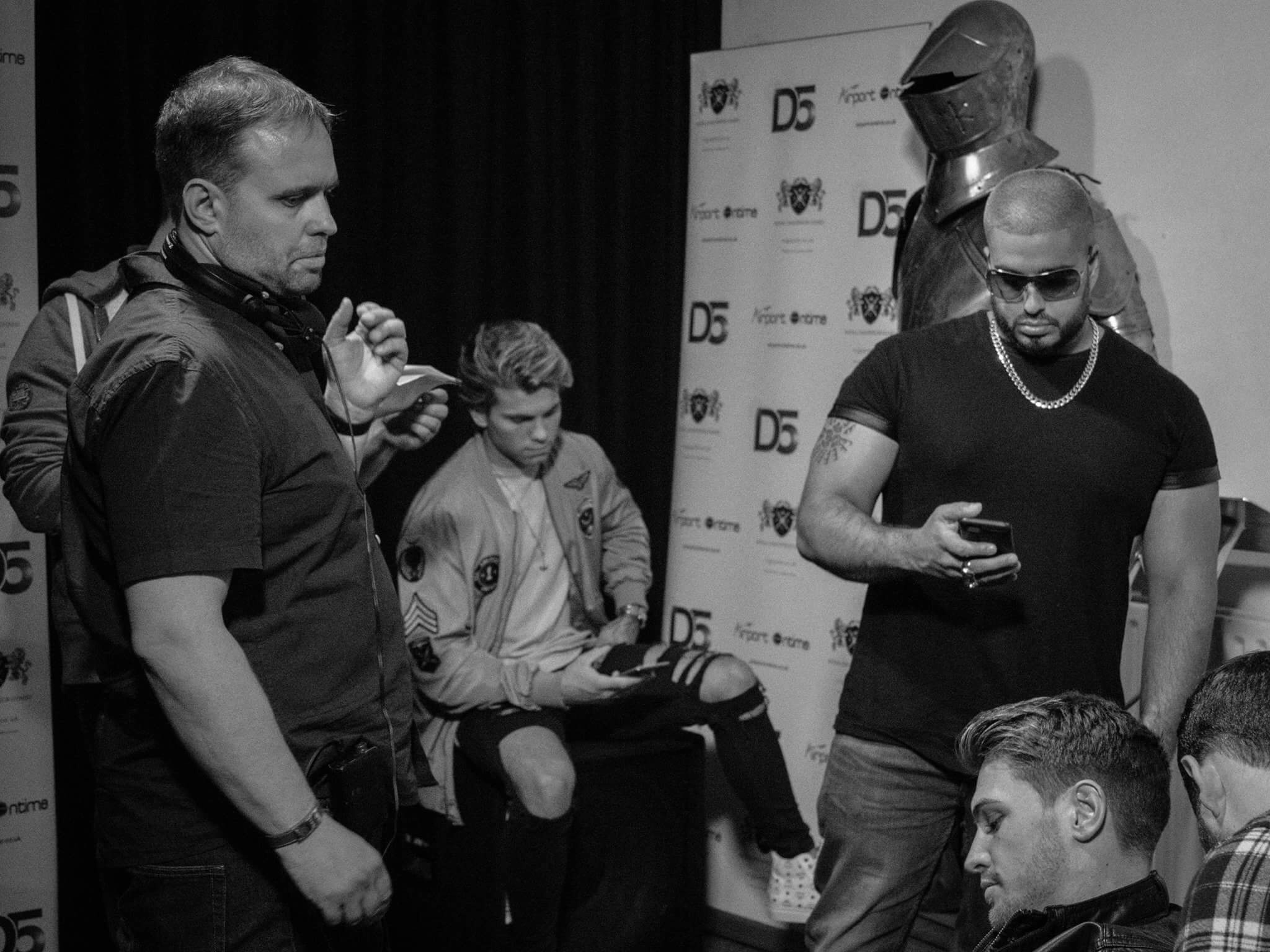
Q. What do you find as your most effective tool to motivate your actors?
RC: Funnily enough i’ve never had to motivate anyone. I guess it’s because of two reasons, Firstly acting much like any job on a production is a passion and every actor comes to the role prepared to bring there best. However it is true that sometimes an actor may need some guidance but thats about all i give guidance. The other reason is far more serious, in all the time i have worked in the film industry it struck me that there are two types of director, those that get annoyed, cross and shouty that their imagination isn’t being realised by the actors on set, and those that correctly realise that directing is about compromise and team work, working with your cast to create something nobody ever imagined something better. That second category of director always produced the best work and i can only hope my cast feel that i work in that way.

